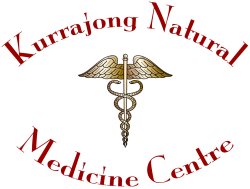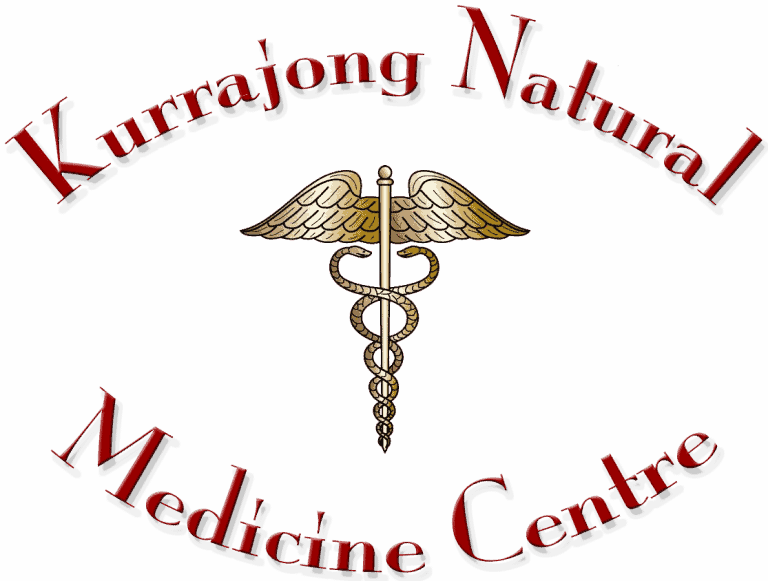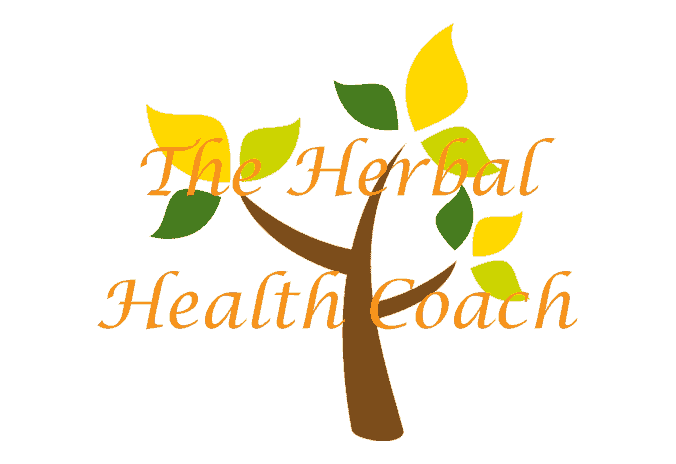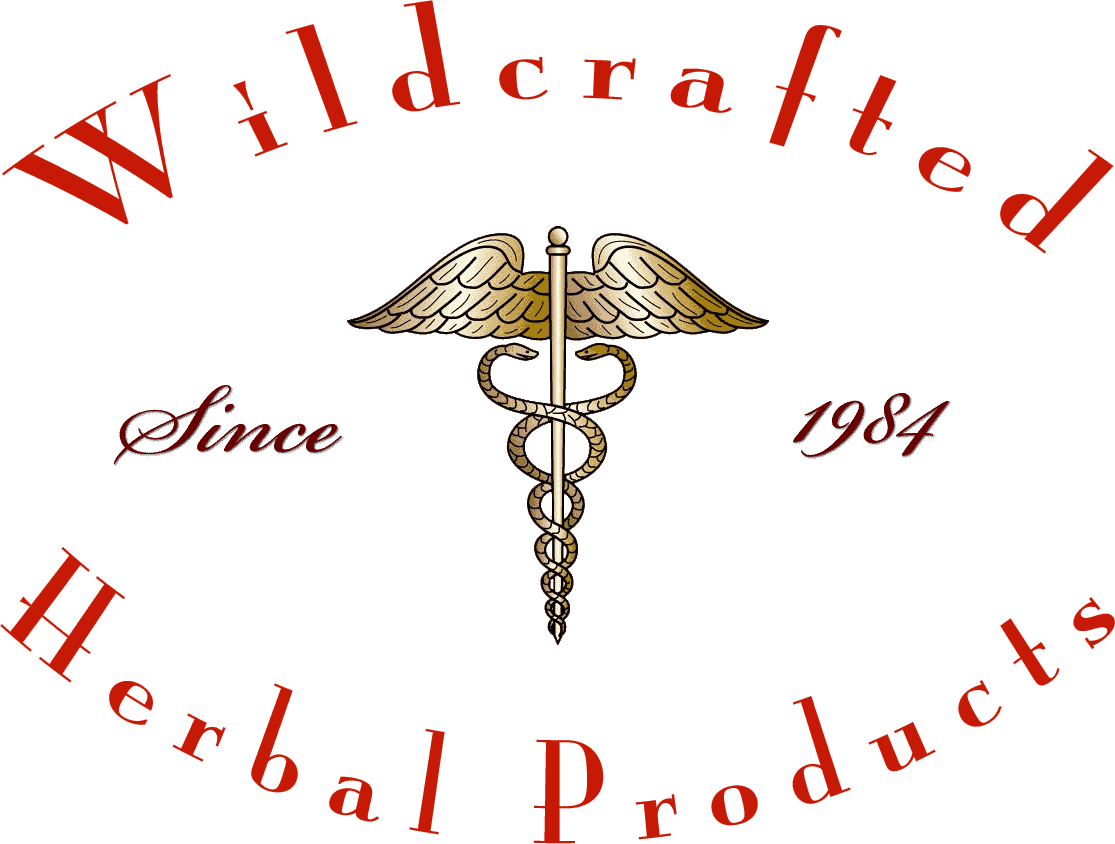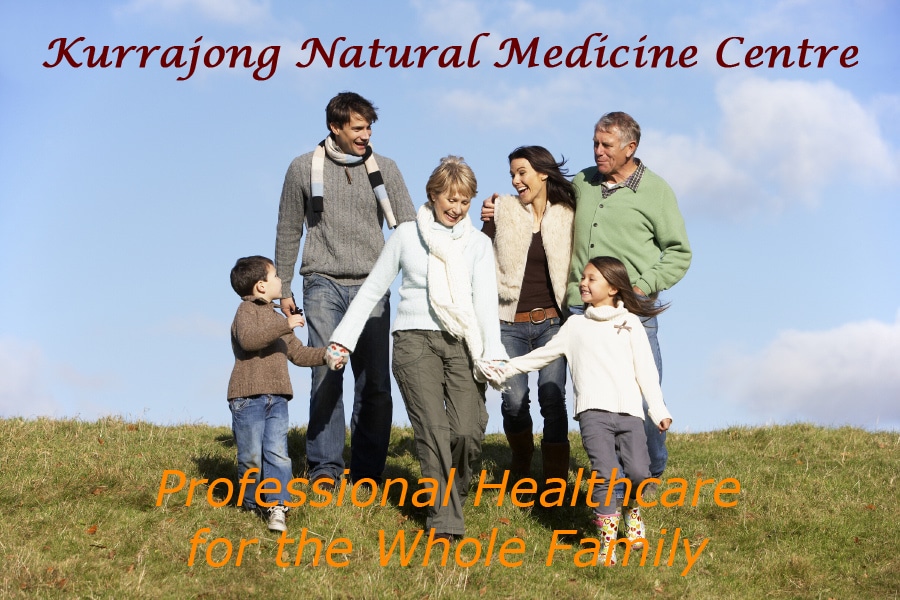The Health and Wellness Magazine - Winter 2023 Issue
Content
What's On & News
What’s On and News
As some of you may know we’ve had an extended break due to ill health in the family. However, the good news is that as of Wednesday the 5th of July, we’ll be back on deck as per usual.
We would like to take this opportunity to thank all of you who have been so supportive and caring. We appreciate it very much – Thank You

An Ancient Healing Art Rediscovered and Explored
by Danny Siegenthaler
Introduction
Acupuncture is a therapeutic technique that has been practiced for over two thousand years in China and is gaining recognition and popularity worldwide. Derived from Traditional Chinese Medicine (TCM), acupuncture involves the insertion of thin needles into specific points on the body to restore balance and promote natural healing. This article will delve into the history, principles, mechanisms, benefits, and contemporary applications of acupuncture, shedding light on this ancient healing art.
Historical Background
The origins of acupuncture can be traced back to ancient China, where it was developed as a key component of TCM. According to historical records, the practice of acupuncture dates back to at least 200 BCE, with theories and techniques continuously evolving over time. Traditional Chinese medicine views the body as a complex system of interconnected channels through which vital energy, known as Qi, flows. Acupuncture aims to balance the flow of Qi and restore harmony within the body, preventing and treating illness.
Principles and Mechanisms
Acupuncture operates on the fundamental principle that the body’s health is determined by the harmonious flow of Qi. The channels, like rivers, distribute Qi throughout the body, nourishing organs, tissues, and cells. When Qi becomes imbalanced or blocked, illness or pain may arise. Acupuncture seeks to stimulate specific acupuncture points along these channels to restore the flow of Qi and reestablish balance. Modern scientific research suggests that acupuncture may activate various physiological mechanisms, such as stimulating the release of endorphins, regulating neurotransmitters, modulating the immune system, and influencing the autonomic nervous system.
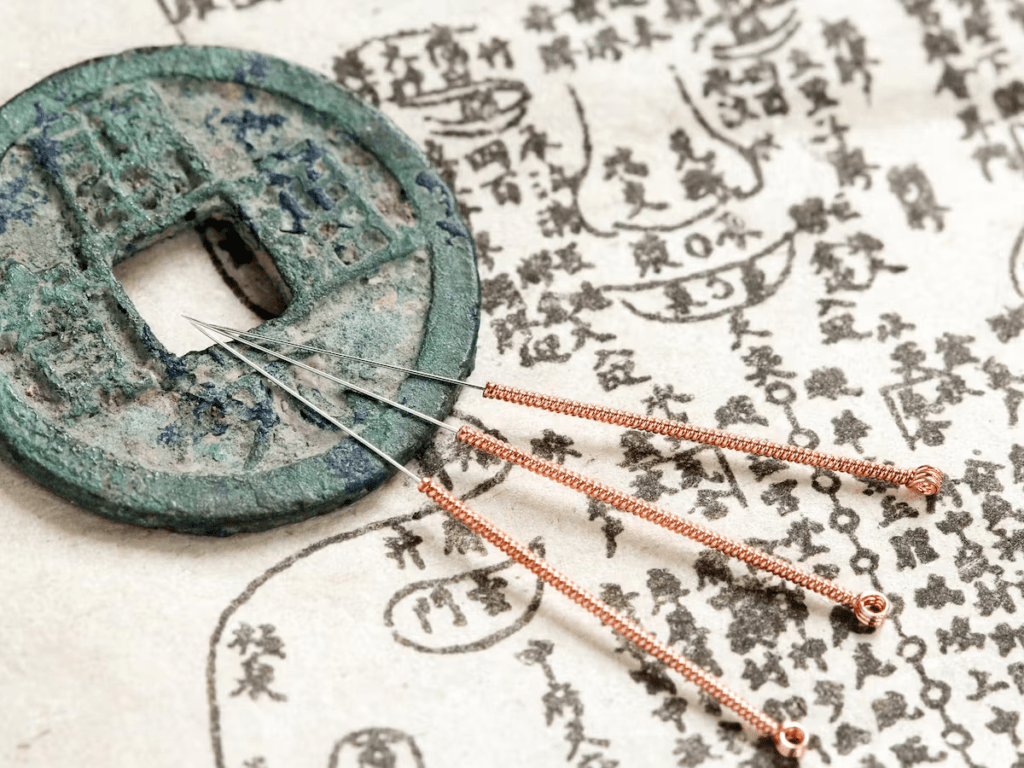
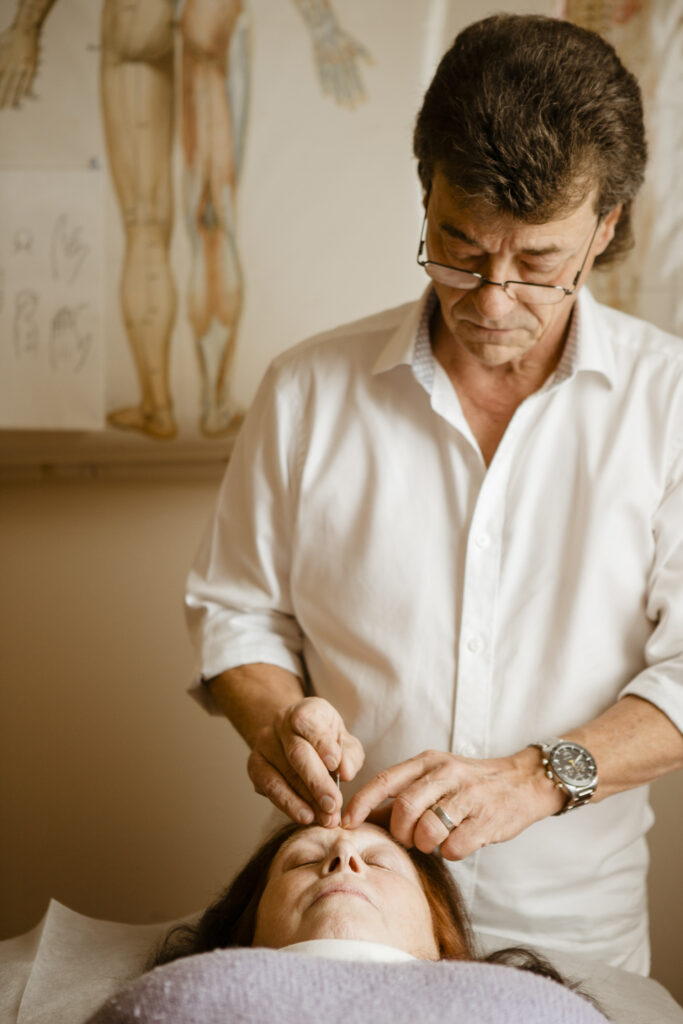
Procedure and Techniques
During an acupuncture session, a trained practitioner inserts fine, sterile needles into specific acupuncture points on the body. The selection of points and techniques employed depend on the individual’s condition and symptoms. Acupuncture needles are typically solid, thin, and disposable, ensuring safety and minimising discomfort. Patients may experience sensations such as warmth, tingling, or a dull ache during the insertion, indicating the activation of Qi. The needles remain in place for a certain duration, ranging from a few minutes to half an hour. Acupuncture treatments are usually tailored to the individual, with multiple sessions recommended for optimal results.
Benefits and Applications
Acupuncture has been studied extensively for its efficacy in addressing a wide range of health conditions. It has shown promising results in pain management, particularly for chronic conditions such as back pain, migraines, arthritis, and fibromyalgia. Acupuncture’s ability to modulate the nervous system and reduce inflammation contributes to its effectiveness. Furthermore, acupuncture has been used as an adjunct therapy for various disorders, including anxiety, depression, insomnia, infertility, digestive issues, and respiratory ailments. Its holistic approach considers the individual as a whole, addressing not only physical symptoms but also emotional well-being.
Contemporary Research and Acceptance
In recent years, acupuncture has gained recognition and acceptance within the Western medical community. Numerous scientific studies have investigated its efficacy and mechanisms, yielding positive results in many cases. Acupuncture is increasingly integrated into conventional healthcare settings, offering patients additional options for treatment. It is important to note that while acupuncture has demonstrated effectiveness for a wide range of conditions, more research is needed to elucidate its mechanisms and establish evidence-based guidelines for its application.
Safety and Regulation
When performed by a qualified practitioner, acupuncture is generally considered safe with minimal side effects. Proper sterilisation techniques and disposable needles mitigate the risk of infection. However, it is crucial to seek treatment from licensed acupuncturists who have undergone comprehensive training and adhere to strict hygiene standards. Regulations and certification requirements for acupuncture practitioners vary among countries, emphasising the importance of selecting reputable professionals.
Conclusion
Acupuncture, an ancient healing art rooted in Traditional Chinese Medicine, has transcended time and borders to become a globally recognised therapeutic practice. Its holistic approach, aiming to restore balance and harmony within the body, has captured the interest of researchers and patients alike. With its demonstrated efficacy in pain management, stress reduction, and various health conditions, acupuncture has become an important adjunct or alternative treatment option in contemporary healthcare. As scientific understanding advances and research continues, acupuncture holds the promise of further integration into mainstream medicine, enriching the options available for individuals seeking natural healing and well-being.
The Advantages of Using Natural Medicine over Orthodox Medicine
by Danny Siegenthaler
Natural medicine, also known as alternative or complementary medicine, refers to therapeutic approaches that emphasise the use of natural remedies and therapies derived from nature. Orthodox medicine, on the other hand, represents the conventional system of medicine practiced by licensed healthcare professionals. While both approaches have their merits, this article explores the numerous advantages of using natural medicine over orthodox medicine. From holistic healing to reduced side effects and a focus on prevention, natural medicine offers an alternative paradigm that appeals to many individuals seeking a more personalised and integrative approach to healthcare.
1. Holistic Healing: One of the primary advantages of natural medicine is its emphasis on holistic healing. Rather than focusing solely on treating symptoms, natural medicine aims to address the underlying causes of disease by considering the interconnectedness of the body, mind, and spirit. This approach recognises that physical ailments often have emotional, psychological, and spiritual dimensions that need to be addressed for comprehensive healing.
2. Minimal Side Effects: Another significant advantage of natural medicine is the relatively minimal side effects associated with its use. Orthodox medicine often employs pharmaceutical drugs that can lead to a wide range of adverse effects, ranging from mild discomfort to severe complications. In contrast, natural remedies, such as herbal medicine, acupuncture, and dietary changes, typically have fewer side effects when administered appropriately and under professional guidance.

3. Prevention and Wellness: Natural medicine places a strong emphasis on prevention and overall wellness. Instead of waiting for symptoms to arise, natural medicine advocates proactive measures to maintain health and prevent diseases from occurring in the first place. Through lifestyle modifications, dietary adjustments, stress management techniques, and regular physical activity, natural medicine promotes a balanced and healthy lifestyle that fosters long-term well-being.
4. Personalised Treatment: Natural medicine embraces the concept of personalised treatment, recognising that each individual is unique and requires an individualised approach to healthcare. Practitioners of natural medicine take into account a person’s medical history, lifestyle, genetic predispositions, and emotional well-being to develop a treatment plan tailored to their specific needs. This personalised approach often leads to better outcomes and a deeper understanding of the underlying factors contributing to the individual’s health concerns.
5. Complementary Approach: Natural medicine can also serve as a complementary approach to orthodox medicine. Many individuals find that integrating natural therapies with conventional treatments enhances their overall well-being and improves treatment outcomes. For instance, cancer patients may benefit from the use of complementary therapies like acupuncture or herbal remedies to manage side effects of chemotherapy. The combination of both approaches allows for a more comprehensive and integrative approach to healthcare.
In conclusion, While orthodox medicine has made significant advancements in diagnosing and treating diseases, natural medicine offers distinct advantages that cannot be ignored. The emphasis on holistic healing, minimal side effects, prevention, personalised treatment, and complementary approaches provides individuals with a wider array of options and a more comprehensive approach to healthcare. As we move towards a more patient-centered model of healthcare, the integration of natural medicine alongside orthodox medicine can create a synergistic relationship that promotes overall well-being and fosters a more balanced approach to healing.
Why You Should Take A Proactive Skin Care Approach
by Susan and Danny Siegenthaler
Taking a proactive skin care approach to maintain rather than regain the health of your skin is the only way to approach skin care and insure the long term health of your skin. It is easy to think “my skin looks fine, I’ll worry about it when I am older”, but that is not a sound way to view the health of your skin. Remember that your skin is not just a cover for your ‘insides’, it is part of your immune system, performs a vital function in regulating body temperature and helps to eliminate toxins from your body.
A proactive skin care approach is where you adopt a skin care regime to prevent premature aging of your skin before it starts, rather than having to ‘fix’ problems later. In addition you will maintain the health and functionality of your skin and that has to be worthy of consideration.
If you think about it, why should you treat your skin any different from some other valuable asset like your car? Why do you get the car serviced? It is just because you want to spend some money, or is it because you need it and do not want expensive repair bills?
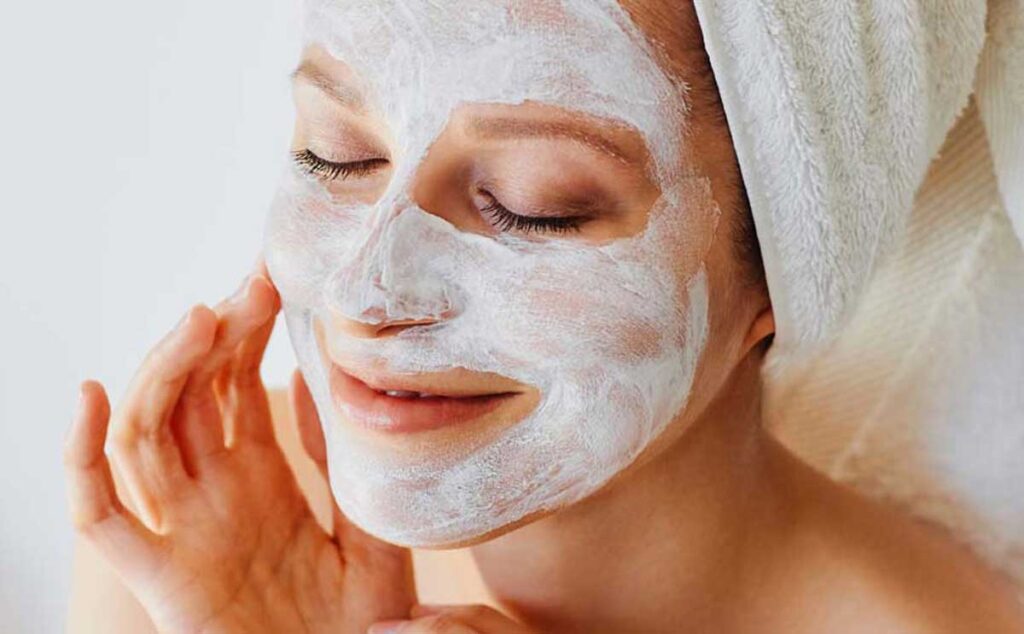
A proactive skin care approach is no different and investing in the health of your skin is the same as investing in health insurance, care maintenance, house insurance, etc. We brush our teeth several times as day, why? – Not because they have holes in them, but we want to prevent the holes and avoid expensive trips to the dentist…
Generally, we take our skin very much for granted and spend little time thinking about it. Maybe because of the many Skin Cancer Ad Campaigns, we will apply sunscreen lotion when going outside, but beyond that, we don’t seem to spend much time looking after our skin until something goes wrong. Often skin conditions like eczema, dermatitis and other skin problems could have been prevented by adopting a proactive skin care approach and making use of a good skin care regime before any problems developed.
Similarly, a proactive skin care approach takes the quality of skin care products into consideration, however, to often we buy skin care by smell and how good the packaging looks. Neither of which guarantees a quality product. On the contrary, often the expensive, good looking products contain artificial perfumes, synthetic essential oils, chemical emollients, preservatives, and many other ingredients that have been shown to be toxic if used over a long period of time. These ingredients have no place in quality skin care products.
Natural skin care products are the only way to approach your skin care regime. Natural products, not just natural ingredients that have been added to an otherwise non-natural base, are a great way to take a proactive step towards promoting and maintaining healthy skin.
In addition to taking a proactive skin care approach you should also consider doing the same with your diet. Foods that can benefit the skin will also benefit other parts of your body and promote healthy body tissues. Eating foods that have not been highly processed, such as fresh fruits and vegetables are a perfect start.
Furthermore, exercise and other physical activity will promote blood circulation to the outer layers of your skin, providing it with nutrients and oxygen that will help in promoting the health of your skin. We should spend at least 30 minutes three times a week doing a physical activity such as going for a walk, riding a bicycle or swimming. Anything less is just not enough.
One of the biggest problems is the lack of water intake during our daily routine. Most people fail to drink anywhere near an appropriate amount of water, which medical experts state should be no less than 2-3 litres per day. More if you live an active life.
So, a proactive skin care approach while there is nothing wrong with your skin is the best way to prevent problems from occurring later on. Eat healthy, fresh, unprocessed food, do some form of exercise at least 3 times a week and don’t forget to drink at least 3 litres of water each and every day.
The Transformative Power of Mindfulness and Meditation
by Danny Siegenthaler
In our fast-paced and demanding world, the practice of mindfulness and meditation has gained significant popularity as powerful tools for achieving mental clarity, emotional balance, and overall well-being. Rooted in ancient traditions, mindfulness and meditation have transcended cultural boundaries and found their place in contemporary society, offering numerous benefits to those who embrace them. This article explores the transformative power of mindfulness and meditation, delving into their tangible advantages for individuals seeking to enhance their lives and unlock their fullest potential.
Reduced Stress and Improved Mental Health
One of the most well-known benefits of mindfulness and meditation is their ability to alleviate stress and promote mental well-being. By cultivating a present-moment awareness and non-judgmental acceptance of thoughts and emotions, individuals can observe their mental processes without becoming overwhelmed by them. This practice reduces the tendency to dwell on the past or worry about the future, fostering a sense of calm and inner peace.
Scientific studies have shown that regular mindfulness and meditation practices lead to measurable changes in the brain, such as increased grey matter density in regions associated with emotional regulation and decreased activity in the amygdala, the brain’s fear center. These changes contribute to reduced anxiety, depression, and stress levels.
Furthermore, mindfulness-based interventions have been integrated into various therapeutic approaches, such as Mindfulness-Based Stress Reduction (MBSR) and Mindfulness-Based Cognitive Therapy (MBCT), with proven effectiveness in treating conditions like chronic pain, insomnia, and post-traumatic stress disorder (PTSD).

Enhanced Cognitive Abilities and Focus
Mindfulness and meditation also have profound effects on cognitive functioning. By training the mind to focus on the present moment, individuals can improve their concentration and attention span. Regular practice enhances working memory, the ability to hold and manipulate information in the mind, which is crucial for complex cognitive tasks.
Studies have shown that individuals who engage in mindfulness and meditation exhibit increased activity in the prefrontal cortex, the area responsible for executive functions like decision-making, problem-solving, and impulse control. These practices improve cognitive flexibility, allowing individuals to approach situations with greater adaptability and creativity.
Moreover, meditation has been associated with improved academic performance. Students who incorporate mindfulness into their daily routines have reported enhanced memory recall, increased productivity, and reduced test anxiety. Similarly, professionals who practice meditation have experienced greater productivity, improved focus, and heightened job satisfaction.
Emotional Well-being and Relationship Benefits
Mindfulness and meditation foster emotional well-being by enabling individuals to observe and regulate their emotions more effectively. By developing awareness of their emotional states, individuals can respond to challenging situations with greater emotional intelligence, leading to more constructive outcomes.
Regular mindfulness practice has been shown to increase positive emotions such as joy, compassion, and gratitude while decreasing negative emotions such as anger, fear, and sadness. This emotional balance contributes to improved overall well-being and resilience in the face of adversity.
Furthermore, mindfulness and meditation enhance interpersonal relationships. By cultivating present-moment awareness, individuals become more attentive listeners, empathetic communicators, and compassionate partners or friends. These practices promote effective conflict resolution, reduce relationship stress, and foster a deeper sense of connection and intimacy.
Physical Health Benefits
The benefits of mindfulness and meditation extend beyond the realm of mental and emotional well-being and positively impact physical health. Research has indicated that engaging in these practices results in improved cardiovascular health, reduced blood pressure, and decreased levels of inflammation in the body.
Moreover, mindfulness-based interventions have shown promising results in managing chronic pain conditions. By redirecting attention away from pain and cultivating a non-judgmental attitude towards physical sensations, individuals can experience relief and develop a healthier relationship with their bodies.
Conclusion
Mindfulness and meditation offer a wealth of benefits that can positively impact every aspect of our lives. By reducing stress, improving mental health, enhancing cognitive abilities, fostering emotional well-being, and promoting physical health, these practices empower individuals to lead more fulfilling and meaningful lives. Whether practiced through formal meditation sessions or incorporated into daily activities, mindfulness and meditation have the potential to transform our relationship with ourselves, others, and the world around us. By embracing these powerful tools, we can cultivate a deeper sense of self-awareness, compassion, and resilience, ultimately unlocking our fullest potential.
Did You Know?
Did You Know?
Did you know mosquitoes prefer children to adults and blondes to brunettes?
Did you know goldfish can see both infrared and ultraviolet light?
Did you know at birth dalmations are always white?
Did you know the safest car color is white?
Did you know 85% of plant life is found in the ocean?
Did you know 8% of people have an extra rib?
Did you know Switzerland eats the most chocolate equating to 10 kilos per person per year?
Did You Know?
Did you know macadamia nuts are toxic to dogs?
Did you know when lightning strikes it can reach up to 30,000 degrees celsius?
Did you know the only continent with no active volcanoes is Australia?
Did you know the longest street in the world is Yonge street in Toronto Canada measuring 1,896 km?
Did you know elephants sleep 4-5 hours in 24 period?
Did you know apples are more effective at waking you up in the morning than coffee?
Did you know camel's milk doesn't curdle?
We hope you enjoyed our latest Edition of our Wellness Magazine. We are always open to constructive feedback and ideas for future articles. If you have a particular topic you would like us to cover relating to yoga, alternative medicine, meditation, etc., please let us know and we will include it in an up coming Magazine
Namaste.
